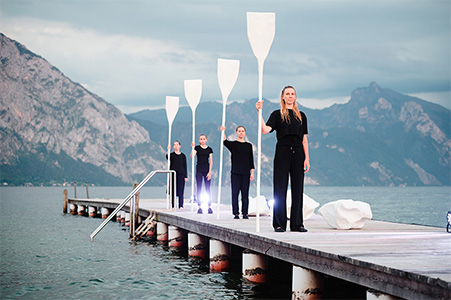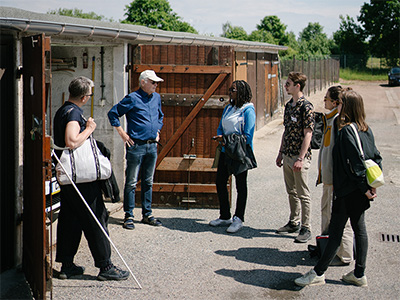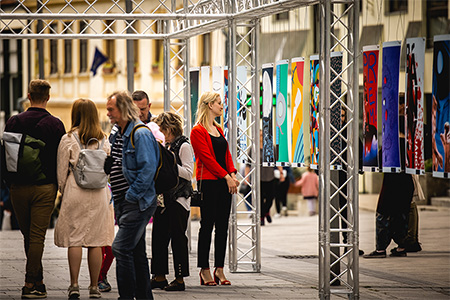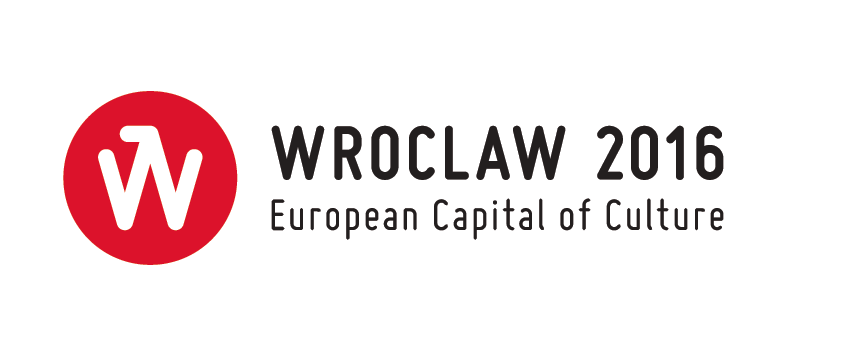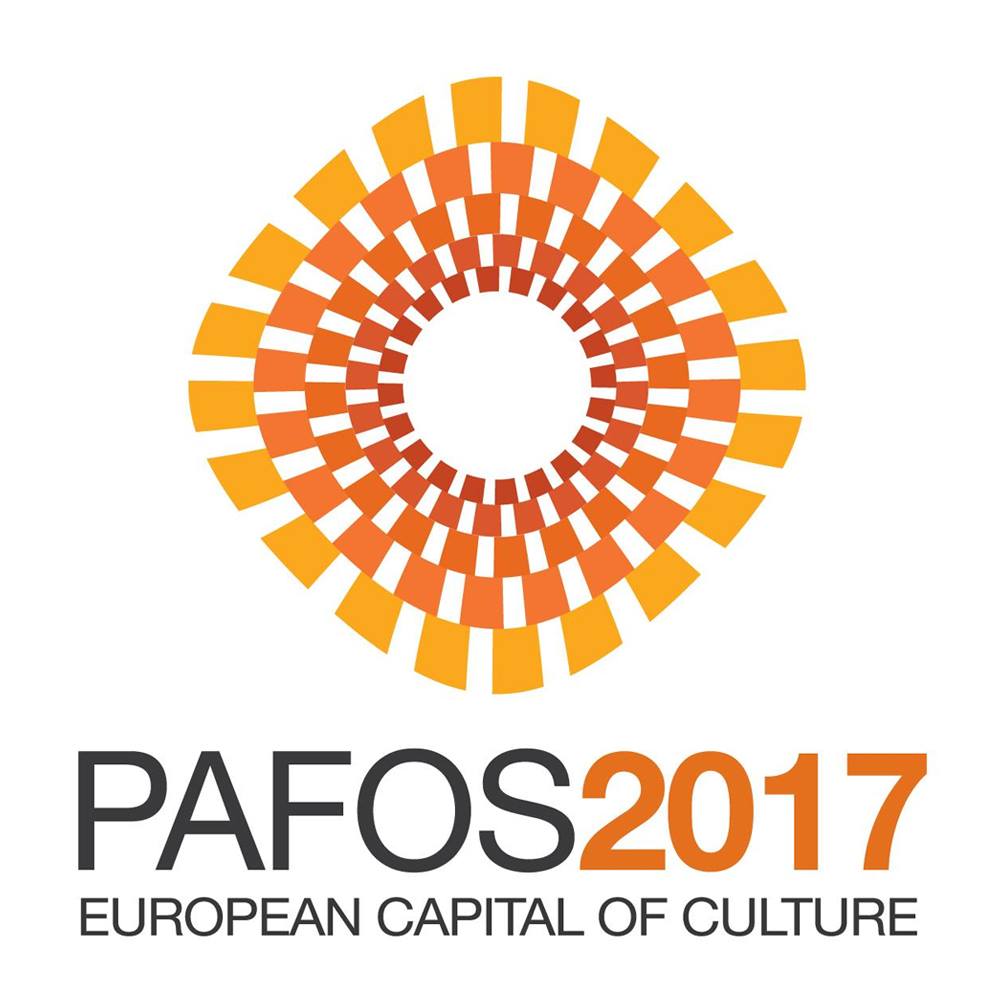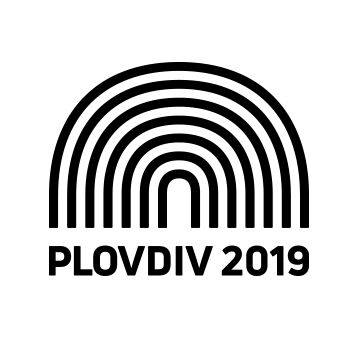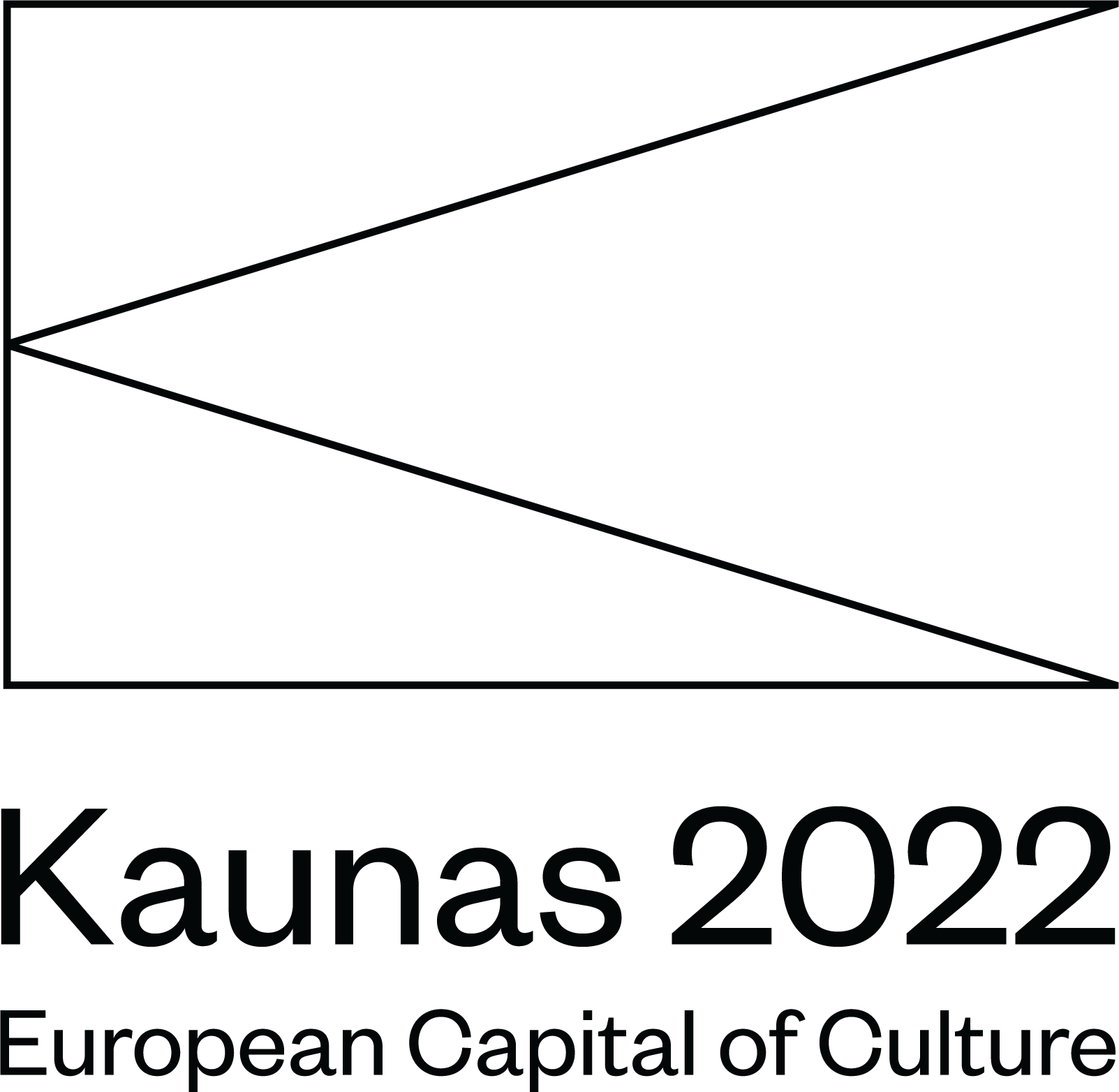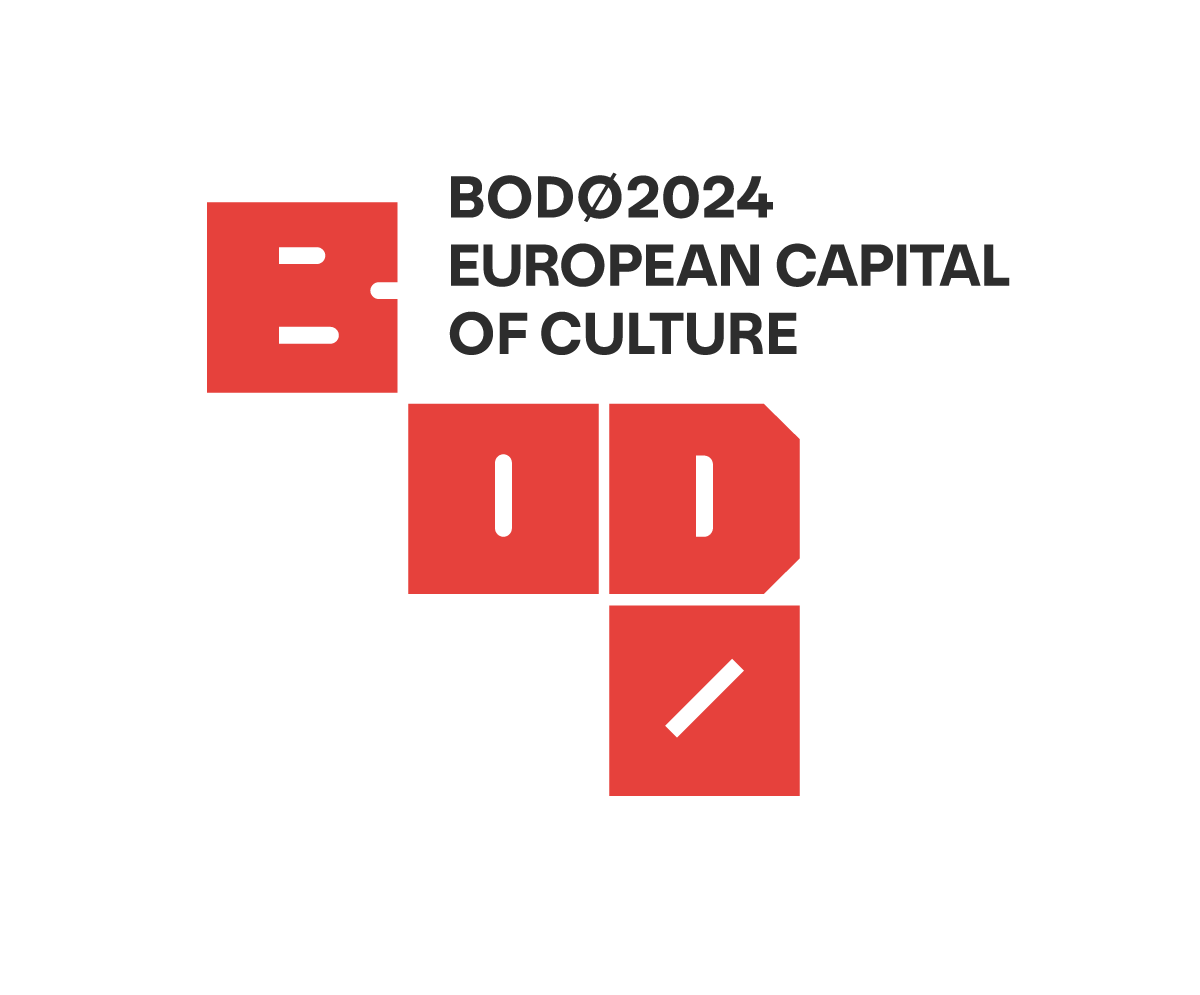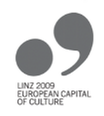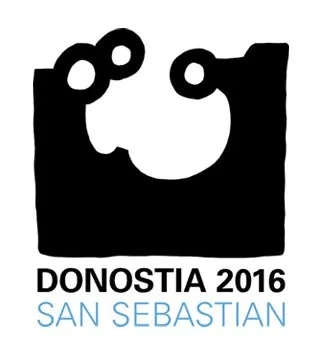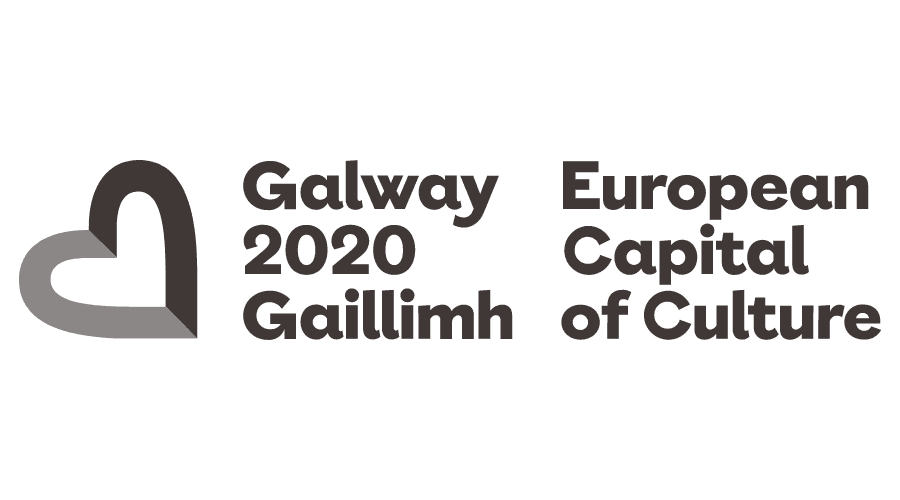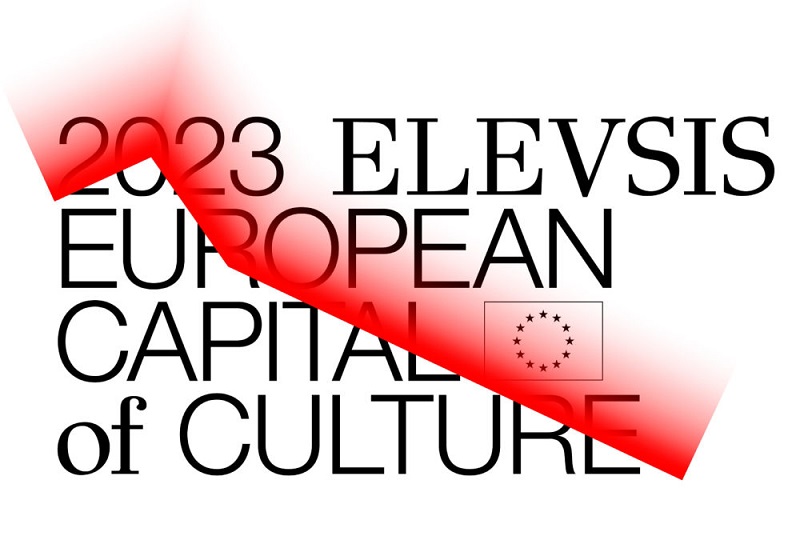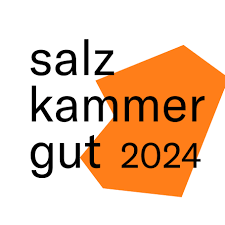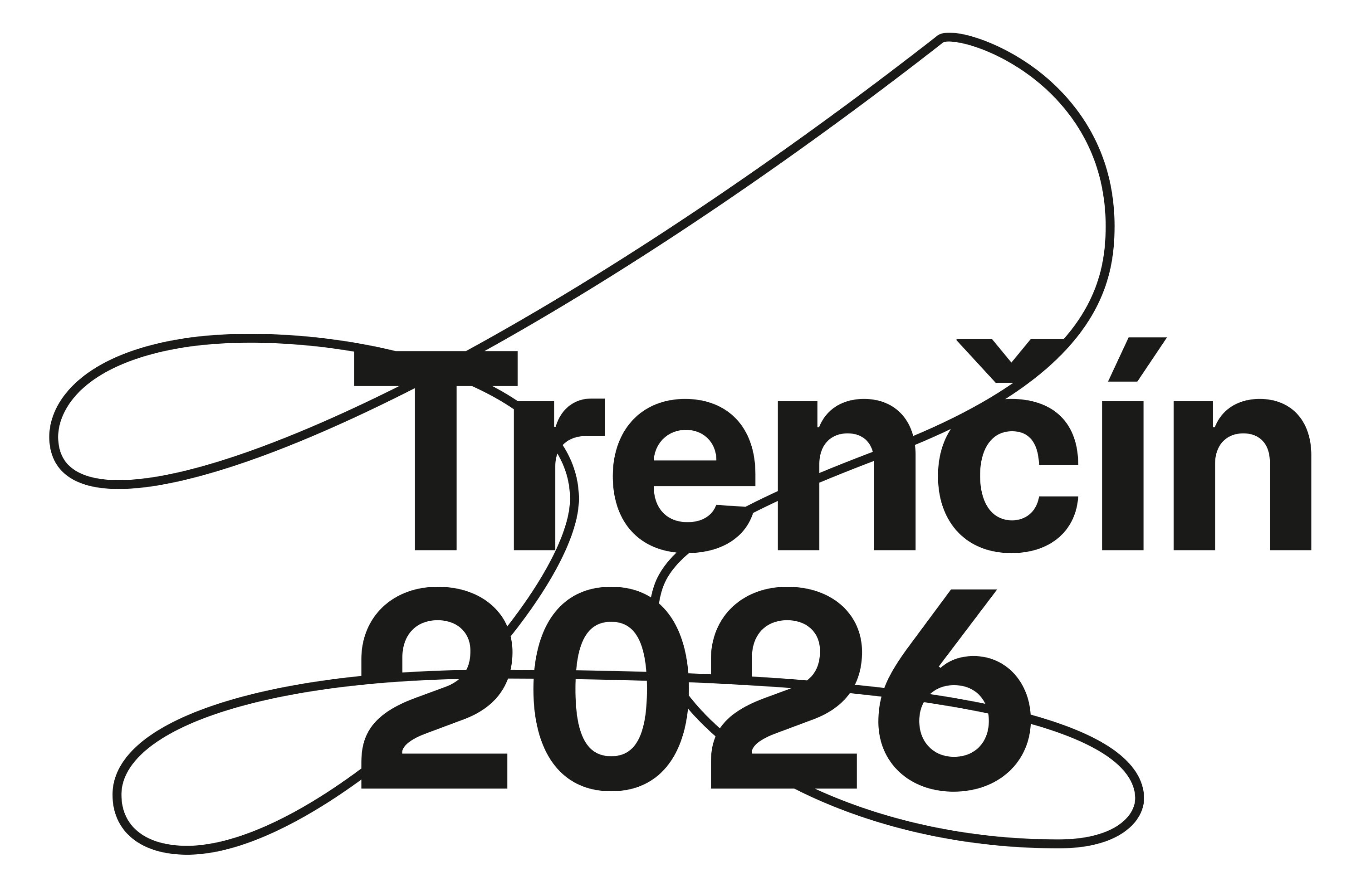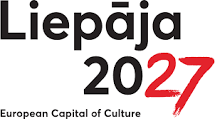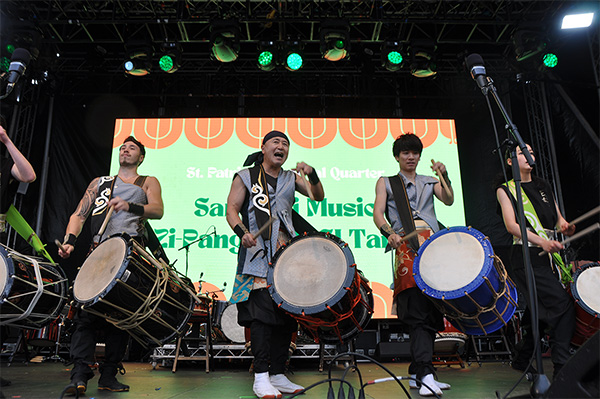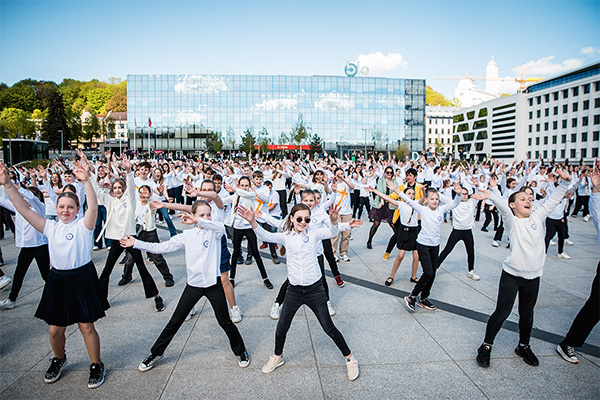European Capitals of Culture
The “European Capitals of Culture (ECoC)” which has been continuing over 30 years since 1985, is one of the best-known cultural projects in the European Union (EU).
Triggered by an opinion “To realize the true integration of Europe, mutual understandings on our culture, i.e. our identities are necessary” by Ms. Melina Mercouri, the then Greek Culture Minister[1], the system of ECoC started in 1985 with an objective “Celebrating unique culture in European cities and regions together”[2]. To begin with the program in Athens (Greece) in that year, ECoC has become a global project gathering artists from over 100 countries in the world including Japan. In the city hosting ECoC, a variety of programs are delivered over the title year.
The following effects are seen as legacies in the city brought by ECoC
(cited from [3]):
- Regenerating cities
- Raising the international profile of cities
- Enhancing the image of cities in the eyes of their own inhabitants
- Breathing new life into a city’s culture
- Boosting tourism
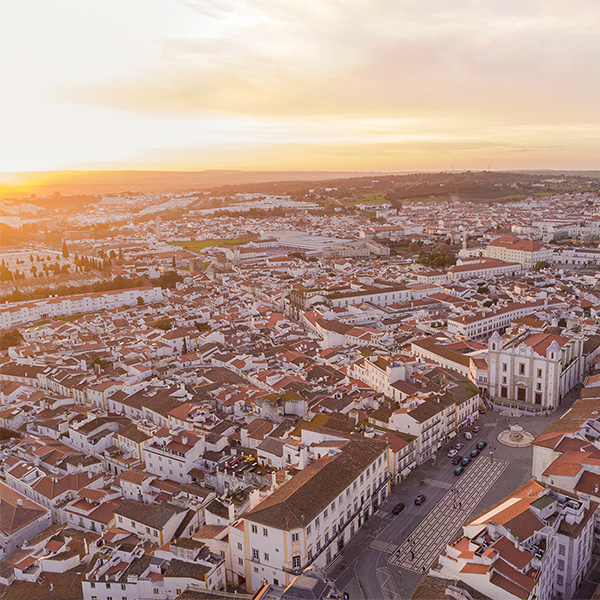
Countries Eligible to Host ECoC and the Processes to Select the Host Cities
The host countries of ECoCs until 2033 have already been designated by the European Commission[4].
To select a host city, a call for the candidacy is opened for cities within the host nation at first[5]. After that, selection processes for several years are done by independent experts over “Bid books” by each candidate city and finally, the host city is to be announced five years before the title year[6]. To win the title, every candidate city delivers various preparatory activities with local residents as well as stakeholders involved in culture, economy, and regional society.
Also, the budget of the European Commission has increased due to the expansion of the European Union (EU) and it allows ECoCs to expect EU’s grants for developments of cultural and traffic infrastructures. Then, this could be a part of the reasons for the increase in the number of cities bidding for ECoC in recent years.
ECoCs are currently held in two cities every year though, the third countries outside of the EU (member states of the European Free Trade Association or the European Economic Area) have become eligible to host ECoC together with two cities within the EU[5]. Due to this decision Novi Sad (Serbia, originally in 2021 then 2022), Bodø (Norway, in 2024), and Skopje (North Macedonia in 2028) will be the third ECoC title cities.
The Establishment of EU-Japan Fest Japan Committee and the Cooperation with ECoCs
Thanks to digitalization and globalization, the era which enables people around the world to share arts and culture emerged in the 1990s.
European Capital of Culture Antwerp 1993 was the occasion for a request by the Government of Belgium for Japanese participation in the events in that year, and EU-Japan Fest Japan Committee was formed with the support of prominent members of the business community and EU member state ambassadors to Japan.
“The 1st EC-Japan Fest” was delivered in Antwerp, in June 1993. Since then, with our Fundamental Activities Policies, we have been supporting collaborative programs between Japan and Europe within the European Capitals of Culture (ECoC) every year.
We aim to contribute to the development of healthy global society by supporting global activities of community members and artists involved in the service of regional communities and social responsibility.
Since 1993 we have supported cultural and artistic activities in the European Capitals of Culture with the aim of contributing to the building of a healthy global society by encouraging transnational activities of citizens and artists involved in “community service” and “social responsibility”.
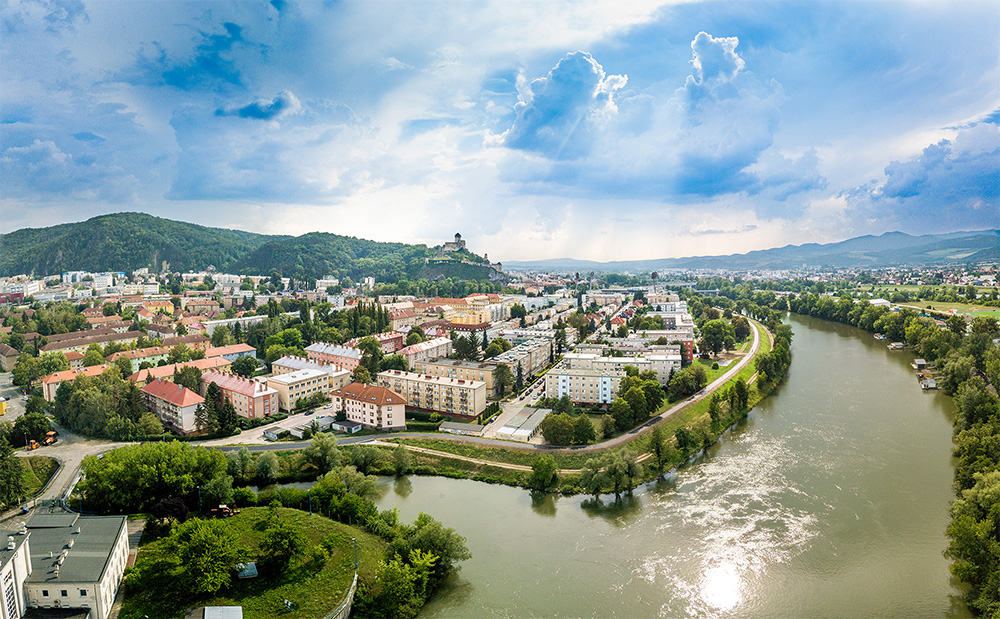
Host Cities & Nations of ECoCs
After 2030, only the host country of European Capitals of Culture will be decided. The host city will be selected sequentially from the candidate cities in each country.
(As of December, 2024)
To see details of each ECoC, please click pins on the map.
Red: Host cities of Current European Capitals of Culture, Blue: Future European Capitals of Culture, Green: Past European Capitals of Culture
- 2029
- Lublin (Poland)/ Kiruna (Sweden)
The 37th EU-Japan Fest
- 2028
- Budweis [Ceske Budejovice] (Czech Republic)/ Bourges (France)/Scopje (North Macedonia)
The 36th EU-Japan Fest
- 2027
- Liepaja (Latvia) / Evora (Portugal)
The 35th EU-Japan Fest
- 2026
- Oulu (Finland) / Trenčín (Slovakia)
The 34th EU-Japan Fest
- 2025
- Chemnitz (Germany) / Nova Gorica・Gorizia (Slovenia/Italy)
The 33rd EU-Japan Fest
- 2024
- Tartu (Estonia) / Salzkammergut (Austria) / Bodø (Norway)
The 32nd EU-Japan Fest
- 2023
- Veszprém-Balaton (Hungary)
The 31st EU-Japan Fest
- 2022
- Kaunas (Lithuania) / Esch (Luxembourg)
The 30th EU-Japan Fest
- 2021
- Timisoara (Romania) / Eleusis (Greece) / Novi Sad (Serbia)
The 29th EU-Japan Fest
- 2020
- Rijeka (Croatia) / Galway (Ireland)
The 28th EU-Japan Fest
- 2019
- Matera (Italy) / Plovdiv (Bulgaria)
The 27th EU-Japan Fest
- 2018
- Leeuwarden (The Netherlands) / Valletta (Malta)
The 26th EU-Japan Fest
- 2015
- Mons (Belgium) / Plzen (Czech Republic)</a >
(The 23rd EU-Japan Fest)
- 2014
- Umeå (Sweden) / Riga (Latvia)
(The 22nd EU-Japan Fest)
- 2012
- Guimarães (Portugal) / Maribor (Slovenia)</a >
(The 20th EU-Japan Fest)
- 2011
- Turku (Finland) / Tallinn (Estonia)
(The 19th EU-Japan Fest)
- 2010
- Pécs (Hungary) / Istanbul (Turkey) / Ruhr (Germany)</a >
(The 18th EU-Japan Fest)
- 2008
- Liverpool (United Kingdom) / Stavanger (Norway)
(The 16th EU-Japan Fest)
- 2007
- Luxembourg (Luxembourg) / Sibiu (Romania)
(The 15th EU-Japan Fest)
- 2006
- Patras (Greece)
(The 14th EU-Japan Fest)
- 2005
- Cork (Ireland)
The 13rd EU-Japan Fest
- 2004
- Lille (France) / Genoa (Italy)
The 12nd EU-Japan Fest
- 2003
- Graz (Austria)
The 11st EU-Japan Fest
- 2002
- Salamanca (Spain) / Brugge (Belgium)
The 10th EU-Japan Fest
- 2001
- Rotterdam (The Netherlands) / Porto (Portugal)
The 9th EU-Japan Fest
- 2000
- Brussels (Belgium) / Avignon (France) / Santiago de Compostela (Spain)
The 8th EU-Japan Fest
Prague (Czech) / Bologna (Italy) / Helsinki (Finland) / Bergen (Norway) / Reykjavik (Iceland) / Cracow (Poland)
- 1999
- Weimar (Germany)
The 7th EU-Japan Fest
- 1998
- Stockholm (Sweden)
The 6th EU-Japan Fest
- 1997
- Thessaloniki (Greece)
The 5th EU-Japan Fest
- 1996
- Copenhagen (Denmark)
The 4th EU-Japan Fest
- 1995
- Luxembourg (Luxembourg)
The 3rd EU-Japan Fest
- 1994
- Lisbon (Portugal)
The 2nd EU-Japan Fest
- 1993
- Antwerp (Belgium)
The 1st EU-Japan Fest
- 1992
- Madrid (Spain)
- 1991
- Dublin (Ireland)
- 1990
- Glasgow (United Kingdom)
- 1989
- Paris (France)
- 1988
- Berlin (Germany)
- 1987
- Amsterdam (The Netherlands)
- 1986
- Florence (Italy)
- 1985
- Athens (Greece)
Host Nations in 2030~2033
- 2030
- Cyprus / Belgium / The Third Country
- 2031
- Malta / Spain
- 2032
- Bulgaria / Denmark
- 2033
- The Netherlands / Italy / The Third Country
- References
-
- [1] European Communities, 2009. European Capitals of Culture: the road to success – From 1985 to 2010.
https://ec.europa.eu/programmes/creative-europe/sites/creative-europe/files/library/capitals-culture-25-years_en.pdf</a > - [2] Official Journal of the European Communities, 1999. DECISION 1419/1999/EC OF THE EUROPEAN PARLIAMENT AND OF THE COUNCIL of 25 May 1999 – establishing a Community action for the European Capital of Culture event for the years 2005 to 2019.
https://eur-lex.europa.eu/legal-content/EN/TXT/PDF/?uri=CELEX:31999D1419&from=EN</a > - [3] Creative Europe, 2020. European Capitals of Culture.
https://ec.europa.eu/programmes/creative-europe/actions/capitals-culture_en</a > - [4] Decision No 445/2014/EU of the European Parliament and of the Council of 16 April 2014 establishing a Union action for the European Capitals of Culture for the years 2020 to 2033 and repealing Decision No 1622/2006/EC
OJ L 132, 3.5.2014, p. 1–12 (BG, ES, CS, DA, DE, ET, EL, EN, FR, HR, IT, LV, LT, HU, MT, NL, PL, PT, RO, SK, SL, FI, SV).
https://eur-lex.europa.eu/legal-content/EN/TXT/PDF/?uri=CELEX:32014D0445&from=EN</a > - [5] Designated European Capitals of Culture
https://culture.ec.europa.eu/policies/culture-in-cities-and-regions/designated-capitals-of-culture</a > - [6] European Commission, n.d. European Capitals of Culture 2020 to 2033 – A guide for cities preparing to bid.
https://ec.europa.eu/programmes/creative-europe/sites/creative-europe/files/capitals-culture-candidates-guide_en.pdf</a >
- [1] European Communities, 2009. European Capitals of Culture: the road to success – From 1985 to 2010.

